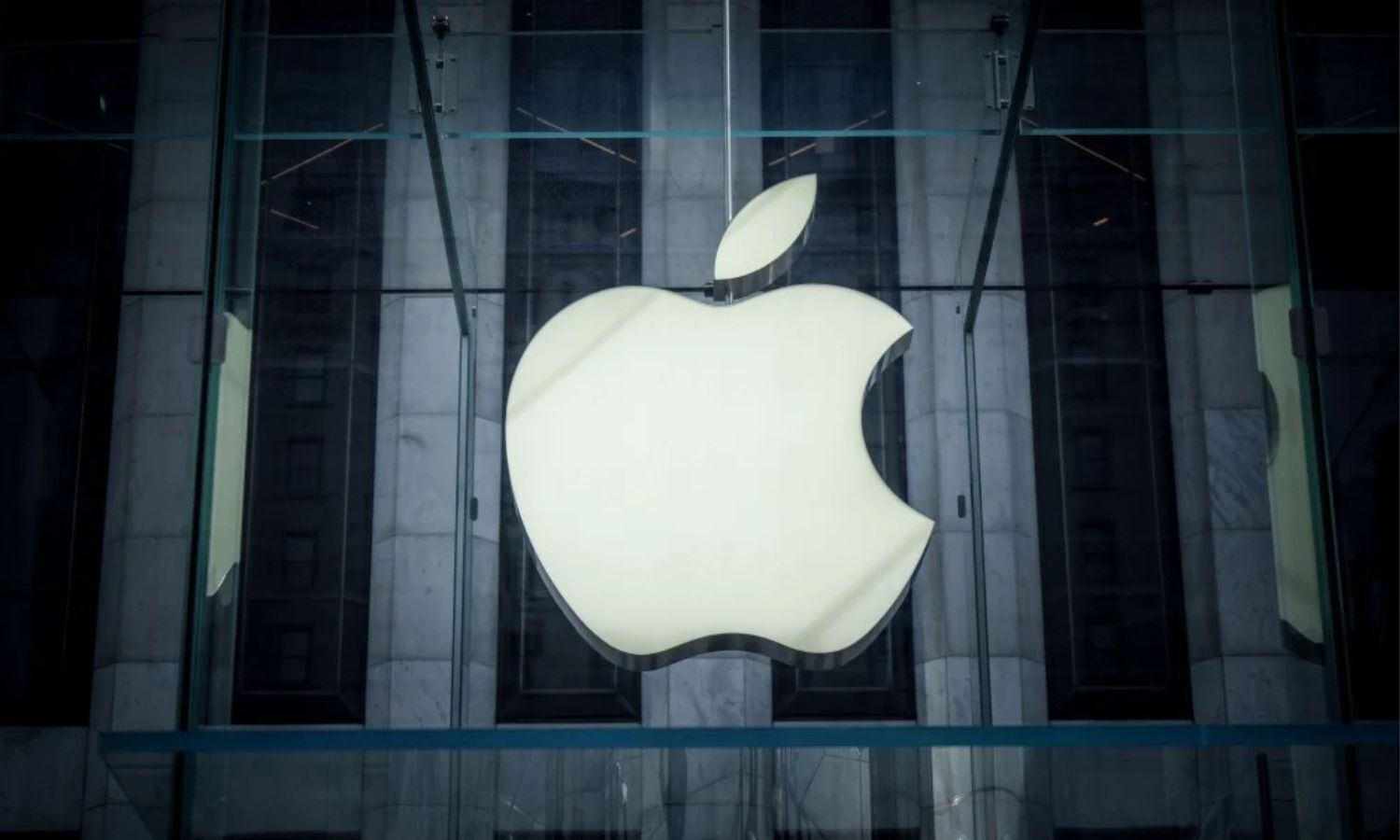
Apple Sued for Misleading Ads on iPhone 16 AI Features
- 21.03.2025 13:45
- thehansindia.com
- Keywords: AI, Apple
Apple is being sued for allegedly misleading customers about AI features in iPhone 16 ads. Plaintiffs claim Apple promoted advanced AI capabilities that were not available at launch, leading to unnecessary upgrades. The lawsuit accuses Apple of creating false expectations through its marketing campaigns.